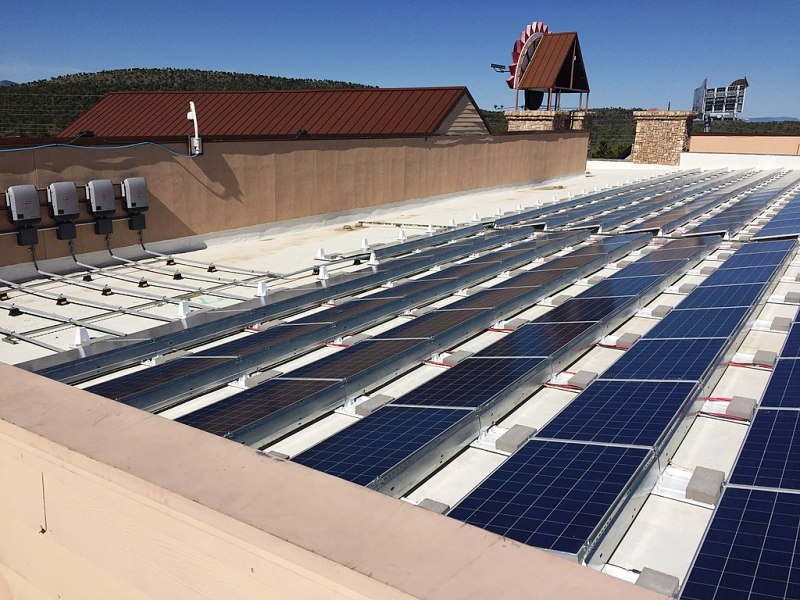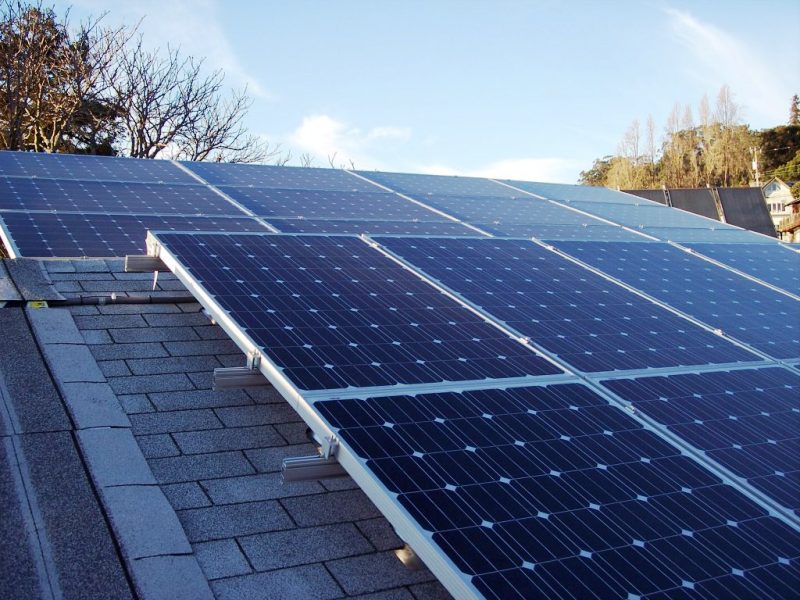Why Will You Install Solar Panels on Your Roof
Installing solar panels on your roof is a way to produce your electricity by photovoltaic collectors. For this, production must correspond to an instantaneous consumption. However, this is not so obvious when we restrict ourselves to the scale of a house. The sale of photovoltaic production, at least in surplus, seems more reasonable today.
3 possibilities of economic valuation of photovoltaic energy.
When your house is connected to the electricity network and has solar photovoltaic panels installed, you can either sell or consume it, thus avoiding “buying” electricity from the network. Let’s look at the 3 possibilities of economic valuation of this investment:
1. You can choose a contract in “sale of the whole”; you will then sell the whole of your solar electricity production at an often advantageous rate.
2. The second possibility is a “surplus sale” contract. In this case, only the electricity that you could not consume on-site will be sold.
3. Finally, you can choose total self-consumption. In this case, you do not have a contract. There are no connection fees, but you must make a declaration accompanied by an operating agreement with the network operator (for security reasons). In this case, any surplus electricity will be “donated” to the grid free of charge. The economic interest of this solution is directly linked to its dimensioning.
You consume what you produce.

One of the objectives of investing in photovoltaic solar panels is to have local and clean electricity. Suppose you have photovoltaic collectors on your roof or nearby, and there is sunshine. In that case, your appliances will “physically” run on solar electricity, even if you have chosen to sell all of your production: the electricity sold on the grid can come back instantly through your consumption meter if an electrical appliance is on.
An economic evaluation of the photovoltaic self-consumption.
The profitability of a self-consumption photovoltaic installation depends on the size of the collectors and the “profile” of your electricity consumption. In other words, self-consumption is only economically attractive if the production of the collectors almost systematically corresponds to your electricity consumption.
To increase this rate of self-consumption, you have three possibilities:
1. The first is to limit the number of sensors and, therefore, the photovoltaic system’s power. The disadvantage of this solution is that a less powerful system costs more per kWh produced.
2. The second solution is to associate the photovoltaic power plant with “intelligent” energy management, with actuators and programmers that will trigger, for example, the production of electric hot water when the sensors are working. But in housing, this has its limits, and we can only manage to go from 20% to 40% of self-consumption for a system sized on the annual consumption of the housing.
3. The third solution is to store the electricity, but unfortunately, no efficient, economical and ecological solution has yet been found.
Sale of the surplus.
Finally, the sale of electricity from one’s photovoltaic power plant has certain advantages: a fixed-year purchase contract and certain freedom on the installation size.
However, with the decrease in the purchase price of solar electricity and the increase in the price of electricity from the grid, selling all of its production is only interesting in 2021 for fully integrated collectors (the collectors replace the tiles). Added to this is the lower cost of connection with a sale of surplus production.
Therefore, each project must be studied on a case-by-case basis and depends on the evolution of the network connection rates on the one hand and the electricity sale rate on the other. Here, Allstate Solar Energy in Dandenong South can help you find out more. Please, remember to share your experience below.

